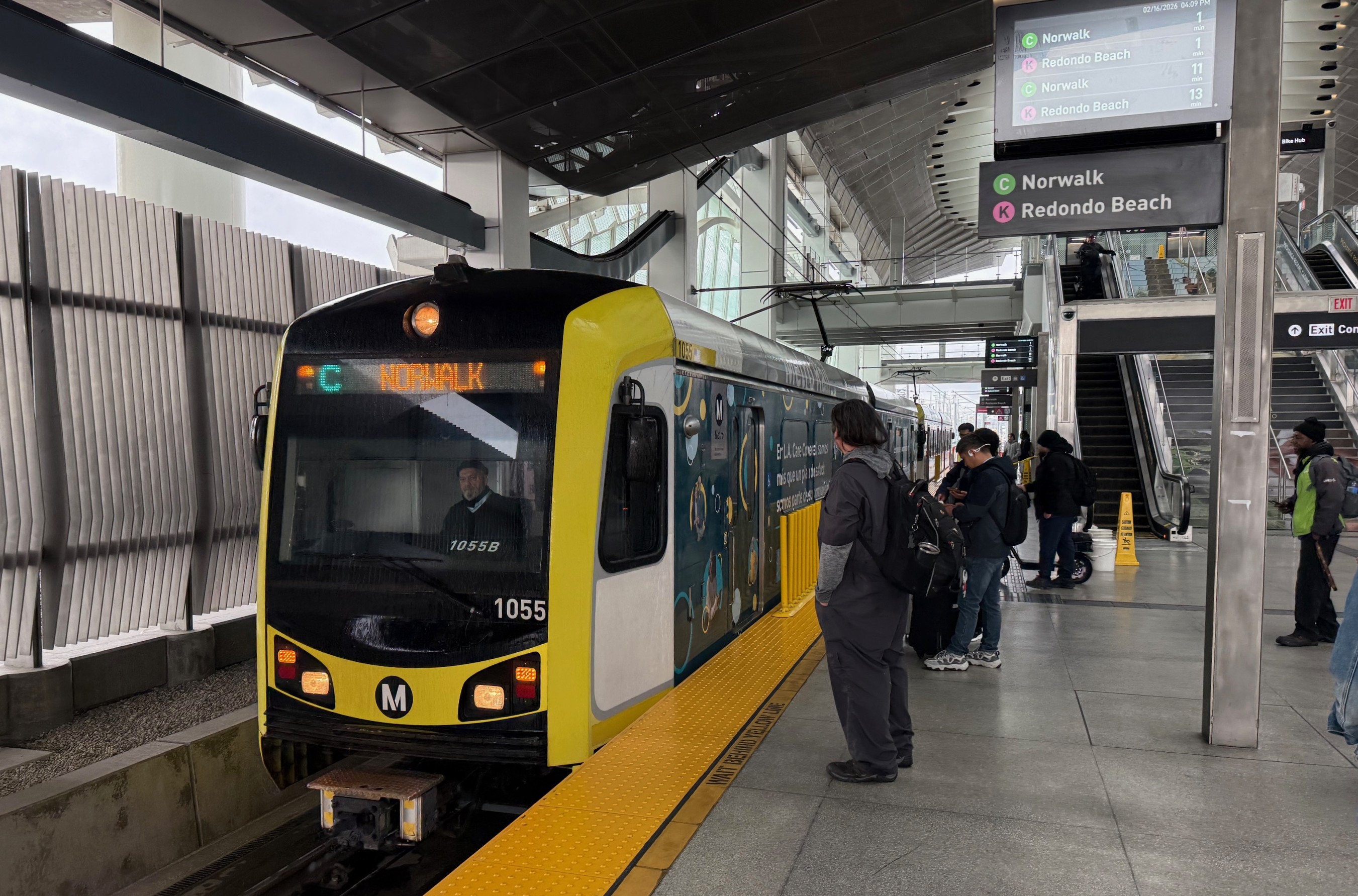The passage of health care legislation this week, while elating
Democrats, has proven an equally potent motivator for conservatives
advocates of states' rights. Appearing on Sean Hannity's Fox News show
last night, Sen. Jim DeMint (R-SC) was asked about the viability of the
legal challenge to the health bill filed by 14 mostly conservative attorneys general.
 Sen. Jim DeMint (R-SC) (Photo: The 44 Diaries)
Sen. Jim DeMint (R-SC) (Photo: The 44 Diaries)DeMint's reply included an interesting shout-out to transportation policy (emphasis mine):
[I]nfact, I think the states may be our only hope to stop this rampage ofgovernment takeovers at the federal level. If we had more states pushback not only on health care, but on education, opening up their ownenergy supplies, on getting back their own transportation dollars,there are many things this federal government is doing that are outsidethe realm of the enumerated powers of the constitution.
That casual reference to state "transportation dollars" masks a
long-simmering debate over the federal gas tax. For 17 years, Congress
has declined to raise the tax (now 18.3 cents per gallon) or index it
to inflation, despite polling that shows most of the public already thinks the latter move is settled law.
But
lawmakers have shown an indefatigable will to fight over the dwindling
gas tax revenues that the government does collect. Conservatives often
push for states to get the maximum amount of their gas-tax dollars
directed back home in the form of guaranteed highway spending -- a boon
to states with more drivers and newer roads, but a setback for states
with older infrastructure and denser cities that diminish the need for
auto use.
This conflict is known as the "donor-donee" issue.
It does not split states along near ideological lines: California is
the federal road program's No. 1 "donor," with "donee" states
concentrated in the northeast and mountain west, according to the lobbying group Coalition for Donor State Equity.
Nonetheless,
DeMint's invocation of transportation funding as a battleground for
states'-rights advocates reflects an active rhetorical current on the
right.
Sen. Kay Bailey Hutchison (R-TX), during her unsuccessful gubernatorial bid last year, touted a proposal
to let states withdraw entirely from the federal transportation system
and keep their own gas-tax money within their borders. Former House
Majority Leader Tom DeLay (R-TX) helped delay the 2005 federal transport bill until "donor" states were guaranteed a higher rate of return on their gas taxes -- despite data showing that when federal taxes beyond transportation are considered, most of the biggest "donor" states hail from the northeast.
As
the GOP, increasingly influenced by the tea-party movement, continues
to press constitutional criticisms of federal policy, look for
transportation to rear its head more often.






